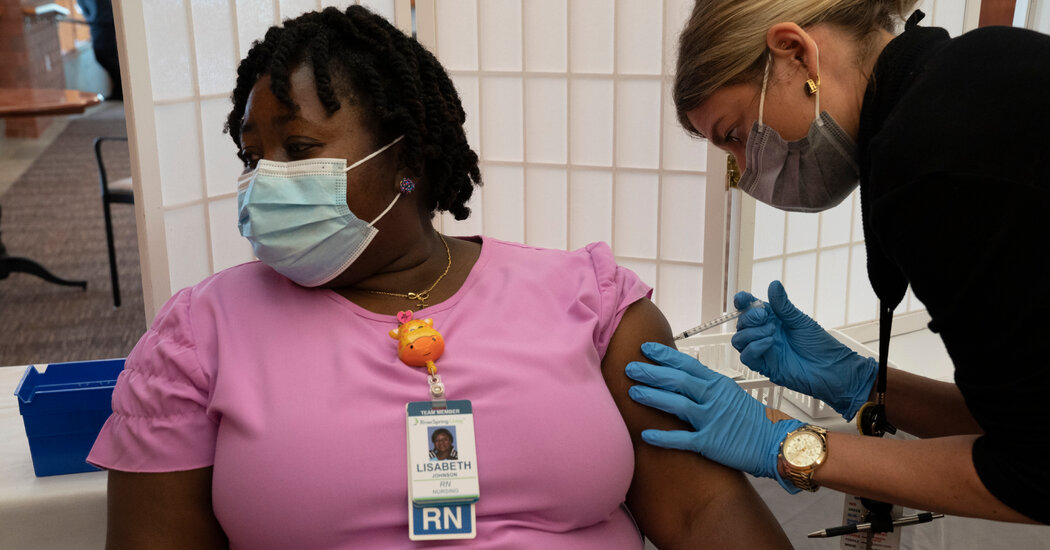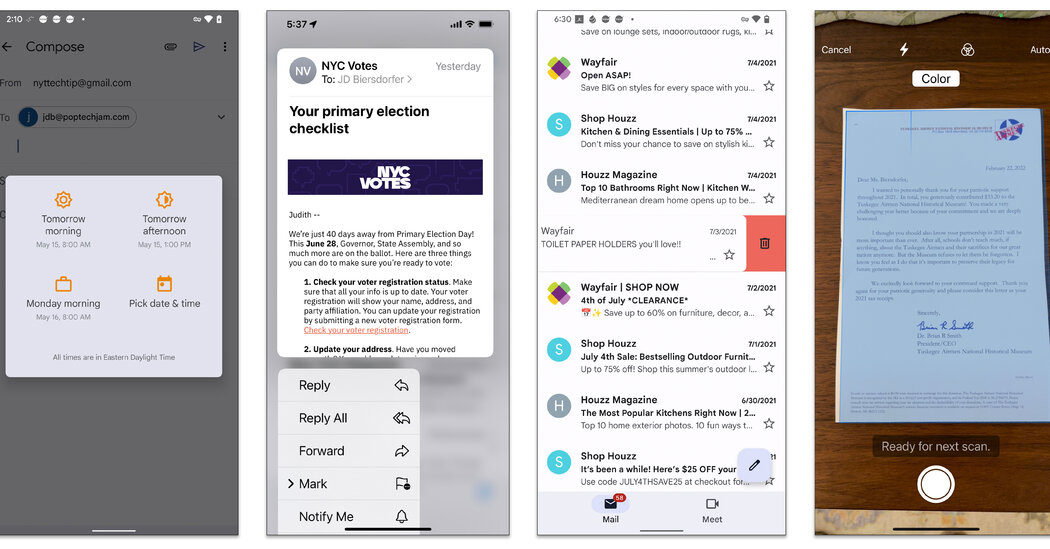
“Faced with an especially contagious variant of the virus in the midst of a pandemic that has now claimed the lives of over 750,000 in the United States and some 55,000 in New York, the state decided as an emergency measure to require vaccination for all employees at health care facilities who might become infected and expose others to the virus, to the extent they can be safely vaccinated,” a unanimous three-judge panel of the appeals court wrote in an unsigned opinion. “This was a reasonable exercise of the state’s power to enact rules to protect the public health.”
In an emergency application asking the Supreme Court to intercede, the health care workers’ lawyers wrote that the requirement “imposes an unconscionable choice on New York health care workers: abandon their faith or lose their careers and their best means to provide for their families.”
Barbara D. Underwood, New York’s solicitor general, responded that the state did not allow a religious exemption for its longstanding requirements for measles and rubella. The medical exemption for the vaccination requirement, she added, was “tightly constrained in both scope and duration,” making very few people eligible for it.
As a general matter, she wrote, “achieving high vaccination rates in particularly vulnerable settings is of the utmost importance.”
In his dissent, Justice Gorsuch wrote that protecting religious freedom warranted a different approach.
“Today, we do not just fail the applicants,” he wrote. “We fail ourselves.”
“We allow the state to insist on the dismissal of thousands of medical workers — the very same individuals New York has depended on and praised for their service on the pandemic’s front lines over the last 21 months,” the justice wrote. “To add insult to injury, we allow the state to deny these individuals unemployment benefits, too. One can only hope today’s ruling will not be the final chapter in this grim story.”
Justice Gorsuch had invoked similar reasoning in the Maine case.
“Where many other states have adopted religious exemptions, Maine has charted a different course,” he wrote at the time. “There, health care workers who have served on the front line of a pandemic for the last 18 months are now being fired and their practices shuttered. All for adhering to their constitutionally protected religious beliefs. Their plight is worthy of our attention.”
Sharon Otterman contributed reporting from New York.




